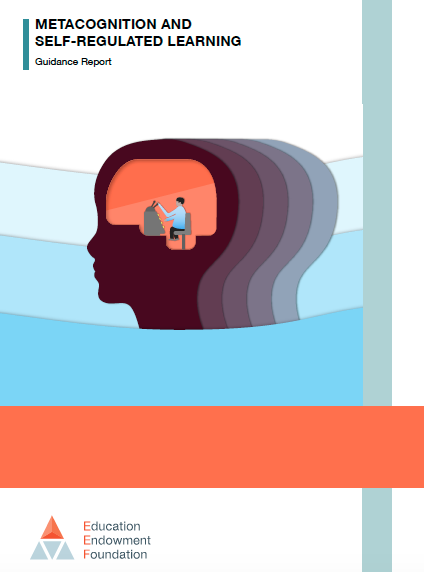Teaching students about neuroplasticity and the brain’s potential can have a positive effect on their self-perceptions and expectations for success in school. The George Lucas Foundation has produced a very informative article on Meta Cognition.
What is Meta Cognition ?
Metacognition is, put simply, thinking about one’s thinking. More precisely, it refers to the processes used to plan, monitor, and assess one’s understanding and performance. Metacognition includes a critical awareness of a) one’s thinking and learning and b) oneself as a thinker and learner.
Why is it important?
Metacognitive practices increase students’ abilities to transfer or adapt their learning to new contexts and tasks (Bransford, Brown, & Cocking, p. 12; Palincsar & Brown, 1984; Scardamalia et al., 1984; Schoenfeld, 1983, 1985, 1991). They do this by gaining a level of awareness above the subject matter: they also think about the tasks and contexts of different learning situations and themselves as learners in these different contexts. When Pintrich (2002) asserts that “Students who know about the different kinds of strategies for learning, thinking, and problem solving will be more likely to use them” (p. 222), notice the students must “know about” these strategies, not just practice them. As Zohar and David (2009) explain, there must be a “conscious meta-strategic level of Higher Order Thinking” (p. 179).
Guidance report
The EEF has published guidance on applying the evidence on metacognition and self-regulation in the classroom. The guidance report can be found here.

https://www.youtube.com/watch?v=dPVxLRHBNMs
Further reading
[thumb link="true" size="lg"]https://www.edutopia.org/article/building-metacognitive-classroom[/thumb]

